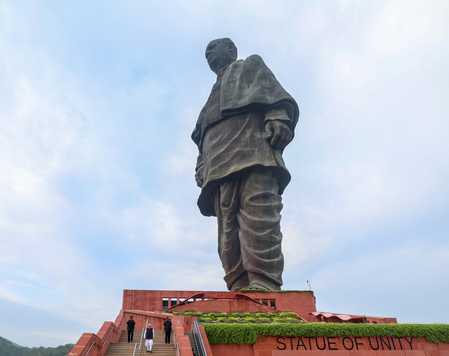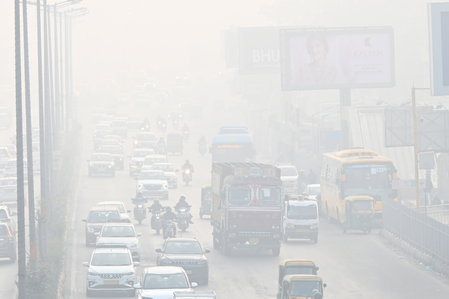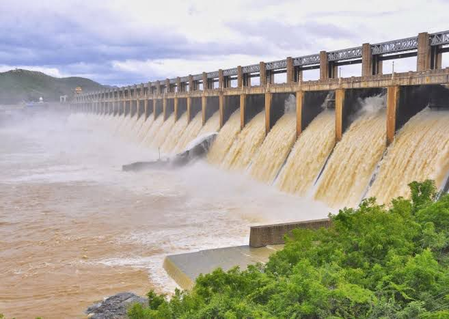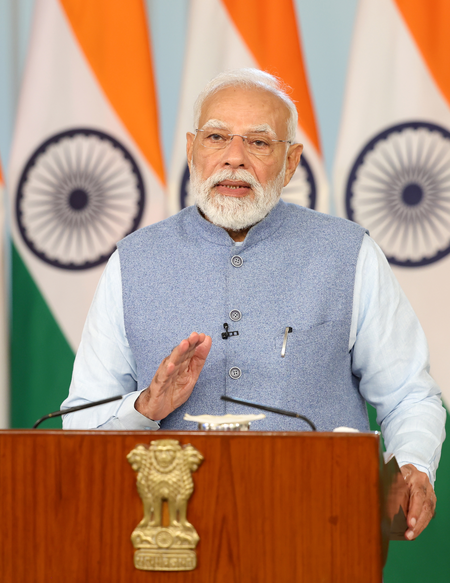

New Delhi, Aug 3 (IANS) Ahead of the tabling of the Digital Data Protection Bill in Lok Sabha on Thursday, Congress leader Manish Tewari questioned the Bill suddenly getting classified as a Financial Bill and said if it happens, then the Rajya Sabha cannot vote on it.
He also said that the latest iteration of this Bill mocks the efforts put in by the Joint Committee of Parliament on the Data Protection Bill.
Taking a swipe at the government, Tewari, a former Union minister tweeted, “How Did the Digital Data Protection Bill get classified as a Financial Bill suddenly? If this bill on passage is certified as a money bill by Lok Sabha Speaker Om Birla which seems to be the intent of getting it classed as a Financial Bill then Rajya Sabha can not vote on it. It can only recommend non binding changes to Lok Sabha.”
“The latest iteration of this Bill mocks the efforts put in by the Joint Committee of Parliament on the Data Protection Bill led by two BJP members PP Chaudhary and Meenakshi Lekhi respectively. It needs to be considered as a regular bill and go to a JPC again,” the Congress Lok Sabha MP said.
He also attached the image of the President’s Recommendation under Article 117 of the Constitution which read, “The President, having been informed of the subject matter of the Digital Personal Data Protection Bill, 2023, recommends to the House the introduction of the Bill under article 117(1) and consideration of the Bill under article 117(3) of the Constitution” .
His remarks come in the wake of the possibility of the Digital Personal Data Protection Bill, 2023 being introduced in the Lok Sabha on August 3. The bill was cleared by the Union Cabinet on July 5, aims to establish the comprehensive legal framework governing digital personal data protection in India.
It also provides for the processing of digital personal data in a manner that recognises both the right of individuals to protect their personal data and the need to process personal data for lawful purposes.
–IANS
aks/shb




